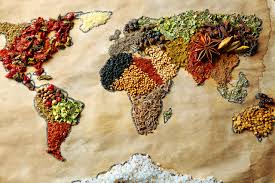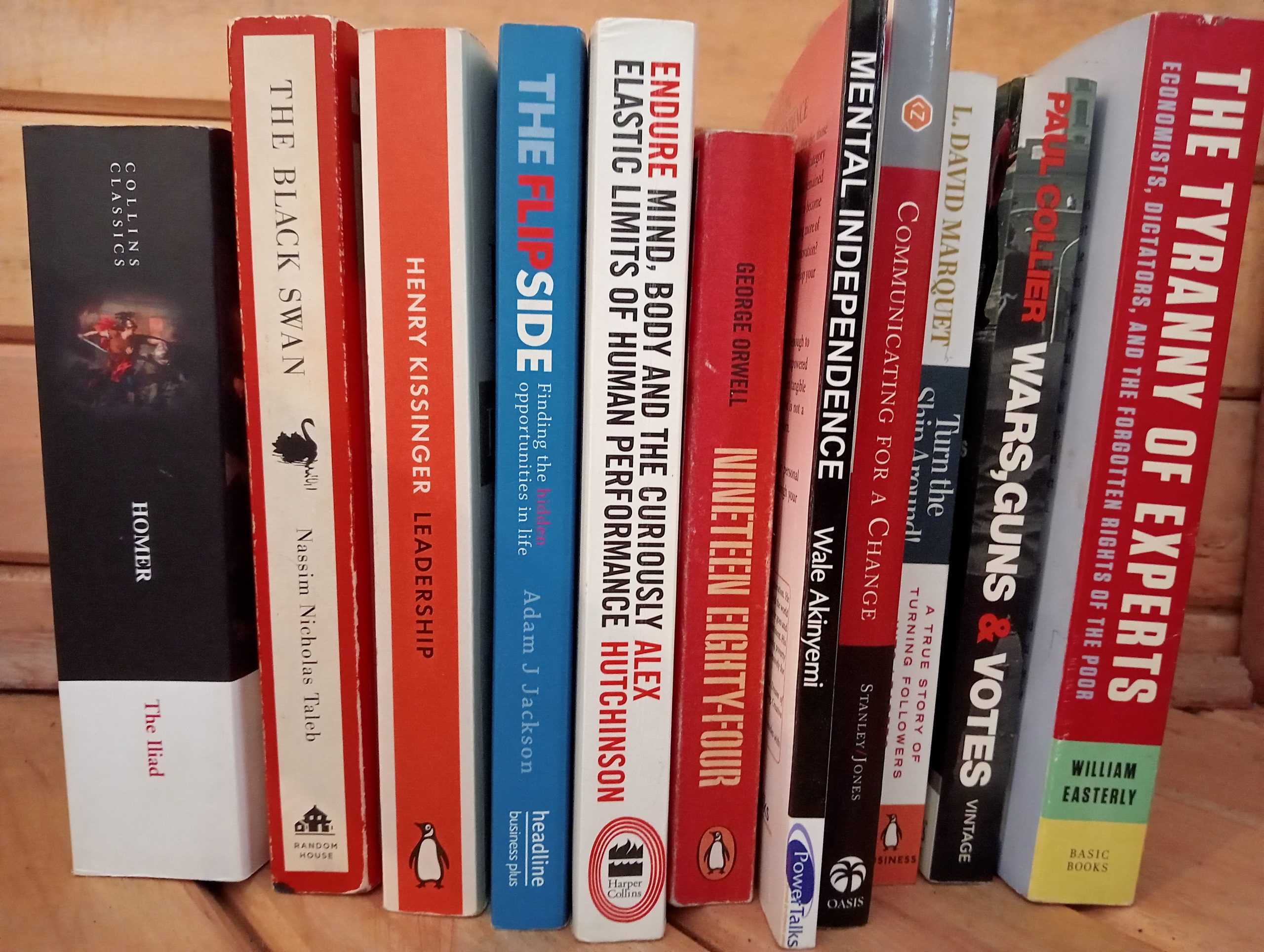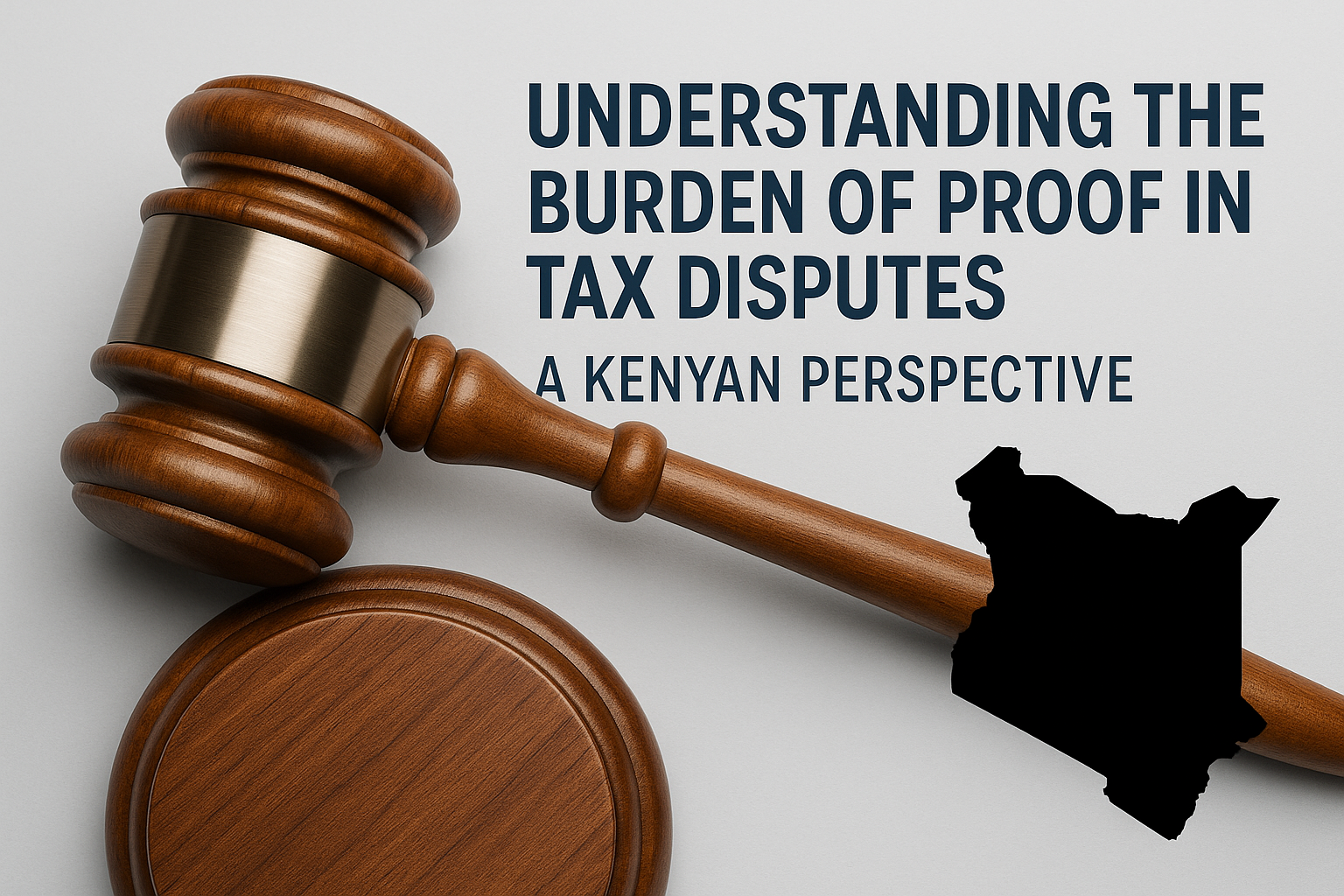Trump: A Disruptive Leader in Global Trade
Donald Trump’s return to the white house will be remarkable and he has started off with gusto to fulfill his campaign pledges – a disruptive approach to global trade and diplomacy. In his first days in office, Trump has reset U.S. international relations through a series of executive orders, tariffs, and policy shifts that have sent ripples across global markets. Some key issues driving his economic and trade policies include:
- Tariff Wars: Trump has threatened imposition of heavy tariffs on imports, which is likely to trigger a retaliatory trade war impacting global supply chains. His hard stance will likely lead to renegotiations of trade agreements.
- Hard Stance on Immigration: Stricter immigration policies affected labour mobility, particularly in industries reliant on immigrant workers, altering trade and investment flows.
- Panama Canal and Global Shipping: Trump’s America First policies will influence global shipping routes, indirectly impacting trade logistics and supply chains.
- A Flurry of Executive Orders: He has issued numerous executive orders targeting trade, business regulations, and international partnerships, shifting the U.S. trade landscape significantly.
These policies have created uncertainty worldwide, and Africa is no exception. Trump’s unpredictable trade strategies, coupled with the withdrawal of foreign aid and shifting U.S. foreign policy, has generated anxiety across African economies. African nations, long reliant on trade deals and development assistance from the U.S., have found themselves grappling with uncertainty about future relations.
Africa’s Anxiety Over U.S. Trade Policies
Trump’s administration has cut foreign aid to African nations, raising concerns about economic stability. His transactional approach to diplomacy has left many African leaders uncertain about continued U.S. support. In addition, Trump’s focus on bilateral trade deals has created anxiety regarding multilateral agreements that African nations depend on.
One of the greatest concerns is the potential collapse of the African Growth and Opportunity Act (AGOA), which provides duty-free access to U.S. markets for African exports. Many African governments have actively subsidized investors through Export Processing Zones (EPZs) and Special Economic Zones (SEZs) to attract foreign manufacturers, particularly in the textile and apparel industries. These investments have create jobs and industrial growth, but their survival depends heavily on AGOA’s continuation. If AGOA is discontinued, it could result in widespread unemployment and the collapse of industries, particularly apparel manufacturing, which heavily relies on U.S. markets.
The Current State of U.S.-Africa Trade
Africa accounts for only 2% of total U.S. imports, despite the continent’s vast resources and growing economic potential. With a global economy valued at approximately $100 trillion, Africa’s contribution remains minimal at just 3.5%. This underrepresentation signals an urgent need for African nations to leverage their demographic advantage—a young and rapidly growing population—to boost economic growth and global competitiveness.
One key factor influencing U.S.-Africa trade is the shift in American trade policy. The Trump administration’s transactional approach, favouring bilateral trade deals over multilateral agreements, influences significant changes on global commerce. This shift presents Africa with a strategic opening: by positioning itself as an alternative supply chain hub, the continent could benefit from increased American interest in diversifying its trade partners.
Opportunities for Africa in the U.S. Market
The U.S. administration has shown interest in unlocking capital for investment in Africa, offering a historic opportunity for African businesses to attract American investors. Several high-potential sectors stand to benefit:
- Technology and Data Centers: As demand for digital infrastructure rises, Africa can position itself as a prime destination for U.S. investment in data centers and tech services.
- Renewable Energy and Battery Production: With the global push towards clean energy, Africa has a unique opportunity to supply cheap renewable energy and become a key player in battery production.
- Textiles and Manufacturing: By focusing on value addition rather than exporting raw materials, Africa can significantly increase its market share in the U.S.
The AGOA Question and Future Trade Agreements
One of the most pressing issues in U.S.-Africa trade relations is the impending expiration of the African Growth and Opportunity Act (AGOA) in September 2025. The AGOA agreement has granted African countries duty-free access to U.S. markets, but its renewal and possible modifications remain uncertain. Discussions are underway to improve AGOA’s terms, with a focus on expanding the range of value-added and manufactured products eligible for trade benefits.
Additionally, the East African Community (EAC) is negotiating a more structured bilateral trade agreement with the United States. These discussions highlight the need for African nations to adopt a proactive stance in securing favorable trade terms and ensuring that any new agreements reflect their economic interests.
Strategic Steps for Africa
To maximize the benefits of U.S.-Africa trade relations, African nations must take the following steps:
- Negotiate Improved AGOA Terms: Ensuring a broader scope of value-added products is included in the agreement.
- Develop Strategic U.S. Partnerships: Establishing collaborations with American firms to enhance infrastructure and reduce trade costs.
- Focus on Value Addition: Shifting from exporting raw materials to finished goods to increase competitiveness.
- Strengthen Manufacturing Capacity: Investing in industrialization to enhance Africa’s export potential.
- Create a Compelling Value Proposition: Attracting U.S. investors by aligning with their trade and investment priorities.
- Adapt to U.S. Policy Changes: Remaining agile in response to shifts in American trade strategy to maintain a competitive edge.
Conclusion
The Trump administration’s trade policies have reshaped global commerce, and Africa must strategically position itself to capitalize on these changes. The upcoming expiration of AGOA underscores the urgency for Africa to secure favorable trade terms and enhance its manufacturing and export capabilities. By prioritizing value addition, strengthening trade agreements, and fostering strategic U.S. partnerships, Africa can boost its economic growth and global trade standing. With the right policies and proactive engagement, Africa has the potential to become a formidable player in international trade, benefiting from the evolving dynamics of U.S. economic policy.













